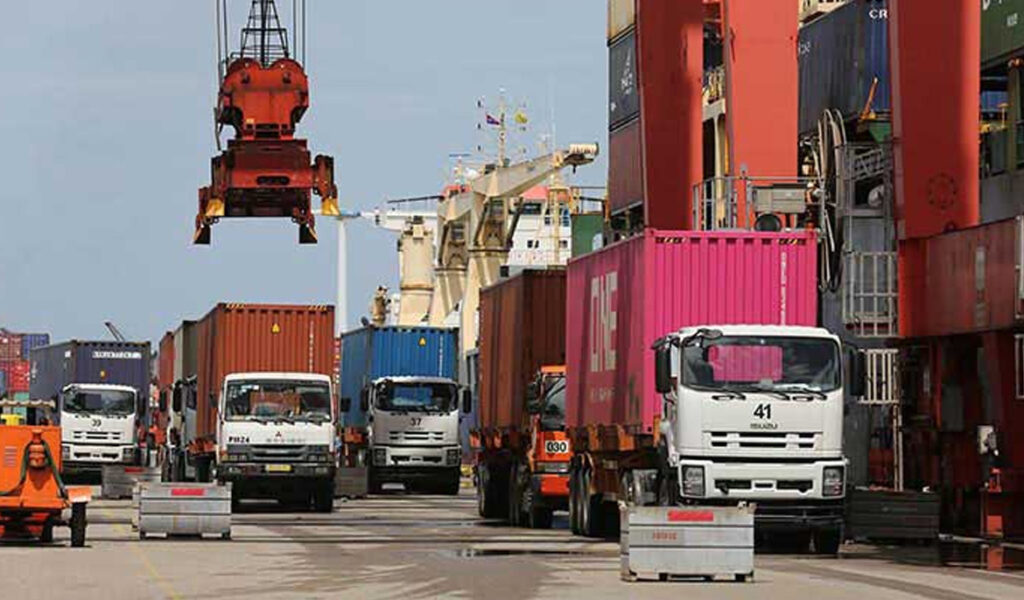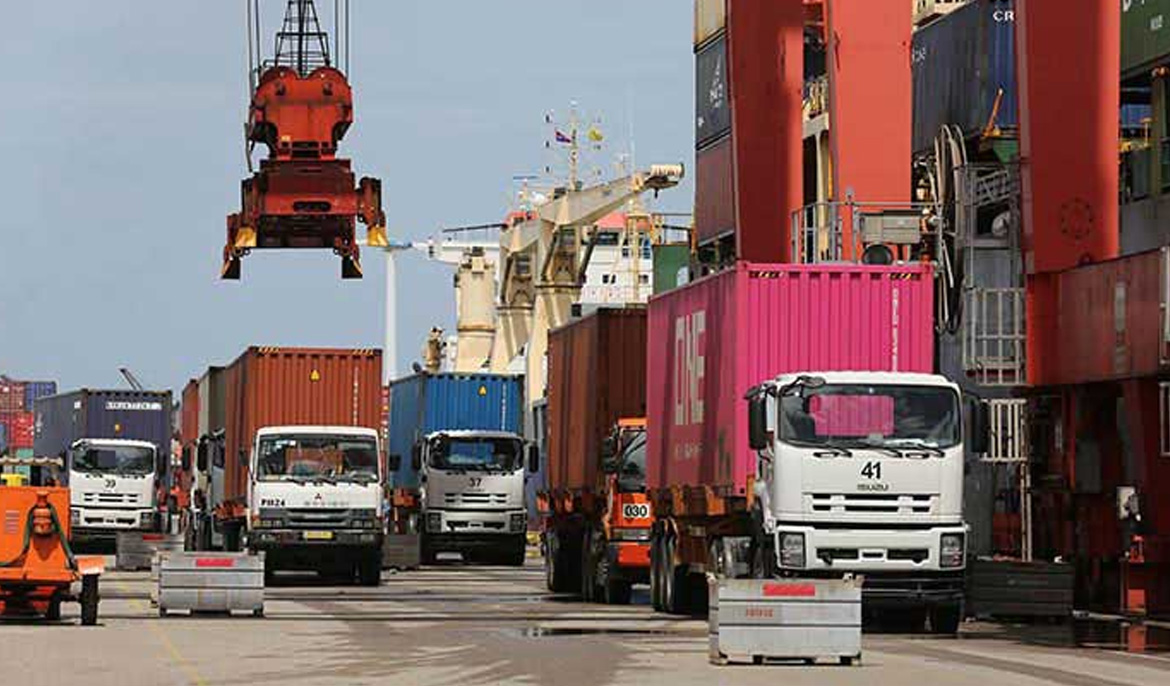Cambodia’s trade with the Regional Comprehensive Economic Partnership (RCEP) countries reached $22.92 billion in the first eight months of 2024, up 17.2% from $19.55 billion over the same period last year, said the latest report from the General Department of Customs and Excise on Saturday.
The country’s trade volume with fellow RCEP members accounted for 62% of its $36.94-billion total trade volume during the January-August period this year, the report said.
The Kingdom exported products worth $6.05 billion to the RCEP countries, up 15% from $5.26 billion, while it registered the import of goods worth $16.87 billion from the RCEP countries, up 18% from $14.29 billion, the report added.
Cambodia’s top five trading partners under the regional mega-trade pact were China, Vietnam, Thailand, Japan, and Singapore, the report showed.
Entering into force in 2022, RCEP comprises 15 Asia-Pacific countries including 10 ASEAN member states, Brunei, Cambodia, Indonesia, Laos, Malaysia, Myanmar, the Philippines, Singapore, Thailand, and Vietnam, and their five trading partners, namely China, Japan, South Korea, Australia and New Zealand.
The Cambodian Ministry of Commerce’s Secretary of State and Spokesperson Penn Sovicheat said RCEP is a catalyst for Cambodia’s trade growth and a magnet to attract more foreign direct investment to the country.
“Despite rising protectionism and weakening global demand, RCEP has given a boost to regional trade integration and cooperation, bringing great benefits to all member countries,” he told Xinhua.
Hoe Ee Khor, chief economist of the ASEAN+3 Macroeconomic Research Office, said the reduction in tariffs and non-tariff barriers has made it easier for Cambodian goods to reach larger markets.
“RCEP also helps to boost export diversification in Cambodia,” he wrote to Xinhua in a recent e-mail. “Key Cambodian export sectors, such as garments and agricultural products, have benefited from improved market access and competitive pricing due to tariff reductions under RCEP.”

(Source: Khmertimeskh)


